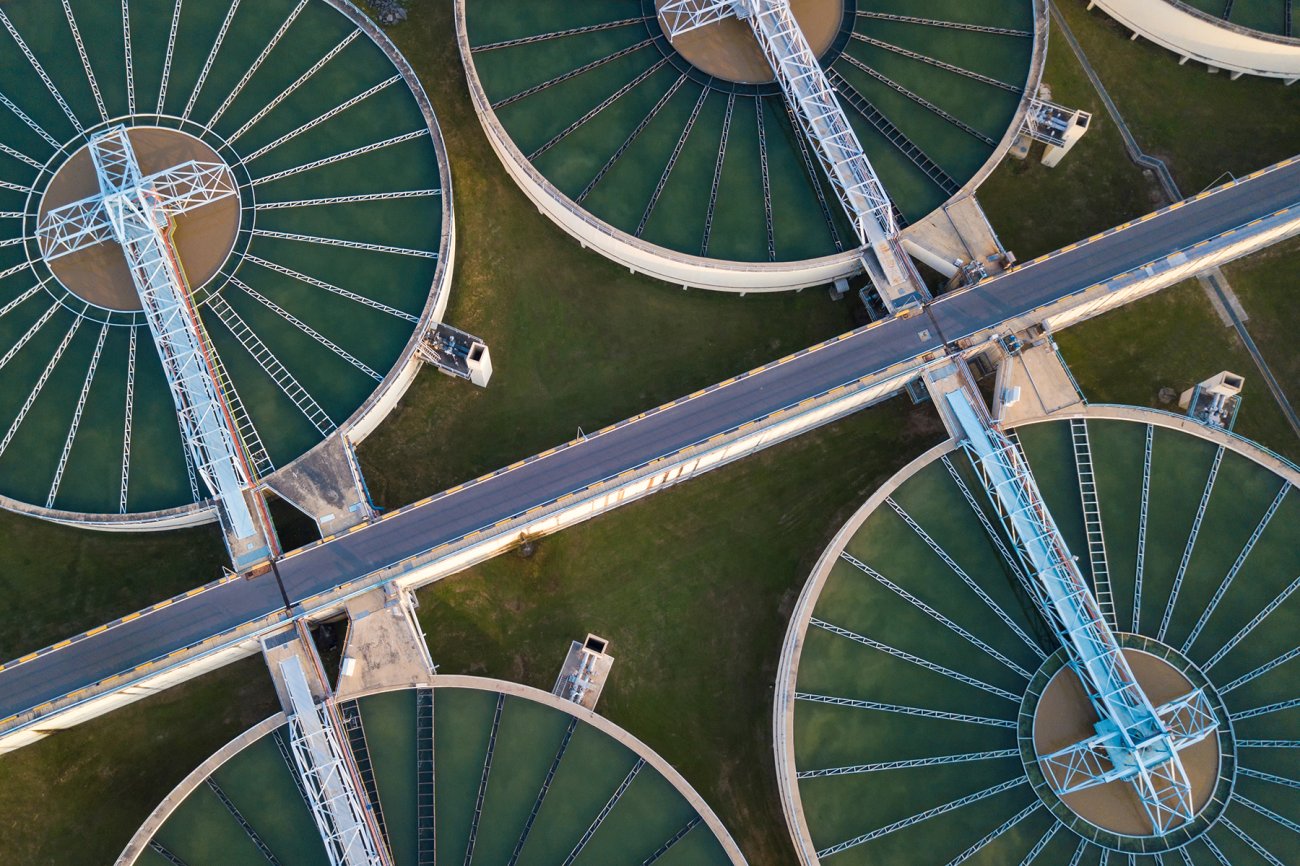Reclaim Waste for Beginners
Reclaim Waste for Beginners
Blog Article
The 25-Second Trick For Reclaim Waste
Table of ContentsThe 2-Minute Rule for Reclaim WasteNot known Facts About Reclaim WasteIndicators on Reclaim Waste You Should KnowThe 4-Minute Rule for Reclaim WasteA Biased View of Reclaim Waste
Residential sewer waste refers to the waste and products from a property septic tank. The correct management and disposal of domestic sewer waste call for liquid waste to be moved to a sewage therapy plant where the appropriate approaches and equipment are applied to detoxify and dispose of waste.
Commercial waste typically consists of potential hazards, such as flammable products or a blend of liquid and solid waste products, and needs a much more sophisticated and thorough disposal process. The disposal of industrial waste typically entails the filtering of waste before transportation to make sure risk-free and correct disposal. Hazardous waste is produced from by-products and runoff of industrial processes and manufacturing.
This sort of waste can not utilize the exact same sewer administration transportation or processes as septic or commercial fluids. The hazardous waste administration procedure needs the examination and screening of fluid waste before it undergoes the disposal procedure (liquid waste removal). Runoff waste is the fluid waste that comes from overflow and excess stormwater in extremely booming locations or cities
Overflow waste can create contamination and flooding if not taken care of properly. Discover more about sewage system cleansing and waste monitoring. Making certain appropriate waste monitoring can protect against calamities and reduce environmental harm. Both people in domestic setups and experts in business or manufacturing sectors can benefit from recognizing the processes and laws of fluid waste management.
The smart Trick of Reclaim Waste That Nobody is Talking About
Contact PROS Solutions today to learn more about our waste monitoring and disposal solutions and the proper ways to care for the fluid waste you create.
(http://www.askmap.net/location/7161699/australia/reclaim-waste)
This so-called 'wastewater' is not only an important source however, after therapy, will certainly be released to our land, rivers or the ocean. Made use of water from bathrooms, showers, baths, cooking area sinks, washings and industrial procedures is understood as wastewater.

water made use of to cool down machinery or tidy plant and devices). Stormwater, a kind of wastewater, is overflow that streams from agricultural and metropolitan locations such as roofings, parks, yards, roadways, courses and rain gutters right into stormwater drains pipes, after rainfall. Stormwater flows unattended directly to local creeks or rivers, at some point getting to the sea.
How Reclaim Waste can Save You Time, Stress, and Money.
In Queensland, a lot of wastewater is treated at sewage therapy plants. Wastewater is moved from domestic or commercial websites via a system of sewage systems and pump terminals, referred to as sewerage reticulation, to a sewer treatment plant. Local governments build, keep and operate most sewage treatment plants. Operators are accredited under the Environmental Protection Act 1994 to release cured wastewater at an appropriate environmental criterion into waterways.
The Department of Natural Resources suggests local governments about managing, operating and preserving sewage systems and treatment plants. In unsewered locations, local federal governments may need homeowners to mount individual or household sewage treatment systems to treat domestic wastewater from bathrooms, cooking areas, shower rooms and washings. The Division of Natural Resources authorizes using family systems when they are shown to be efficient.
Many stormwater obtains no therapy. In some new class, therapy of some stormwater to eliminate trash, sand and crushed rock has actually started using gross contaminant catches. Wastewater treatment happens in four stages: Gets rid of solid issue. Larger solids, such as plastics and various other items mistakenly discharged to sewers, are eliminated when wastewater is passed through displays.
Utilizes little living organisms recognizes as micro-organisms to break down and get rid of staying dissolved wastes and fine fragments. Micro-organisms and wastes are included in the sludge.
Reclaim Waste Things To Know Before You Get This
Nutrient removal is not offered at all sewage treatment plants due to the fact that it calls for expensive specialized equipment. Clear liquid effluent generated after therapy might still contain disease-causing micro-organisms - liquid waste removal melbourne.

This normally indicates wastewater has to be treated or pollutants eliminated before it can be released to waterways. A lot of wastewater moves right into the sewage system. Under the Act, local federal governments provide authorizations and permits for ecologically appropriate tasks (ERAs) including wastewater launches that might have a neighborhood effect. The department provides approvals and permits to Ages involving wastewater launches that might have a local or statewide impact.
Rumored Buzz on Reclaim Waste
Or else, examples are taken for lab evaluation. Often numerous examinations are needed to develop the levels of each of the different toxins such as oils, hefty metals and pesticides in water. Surveillance provides valid details regarding water top quality and can verify that licence conditions are being met. The information gotten with tracking gives the basis for making water quality choices.
Report this page